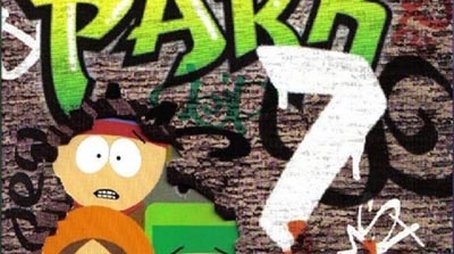
Sorry, we have not watched this yet.

Join Stan, Kyle, Cartman and Kenny as they go gaga for “Queer Eye,” start their own Christian Rock Band, and discover that Earth is an intergalactic reality show that's about to be cancelled. For them, it’s all part of growing up in South Park!
Sorry, we have not watched this yet.